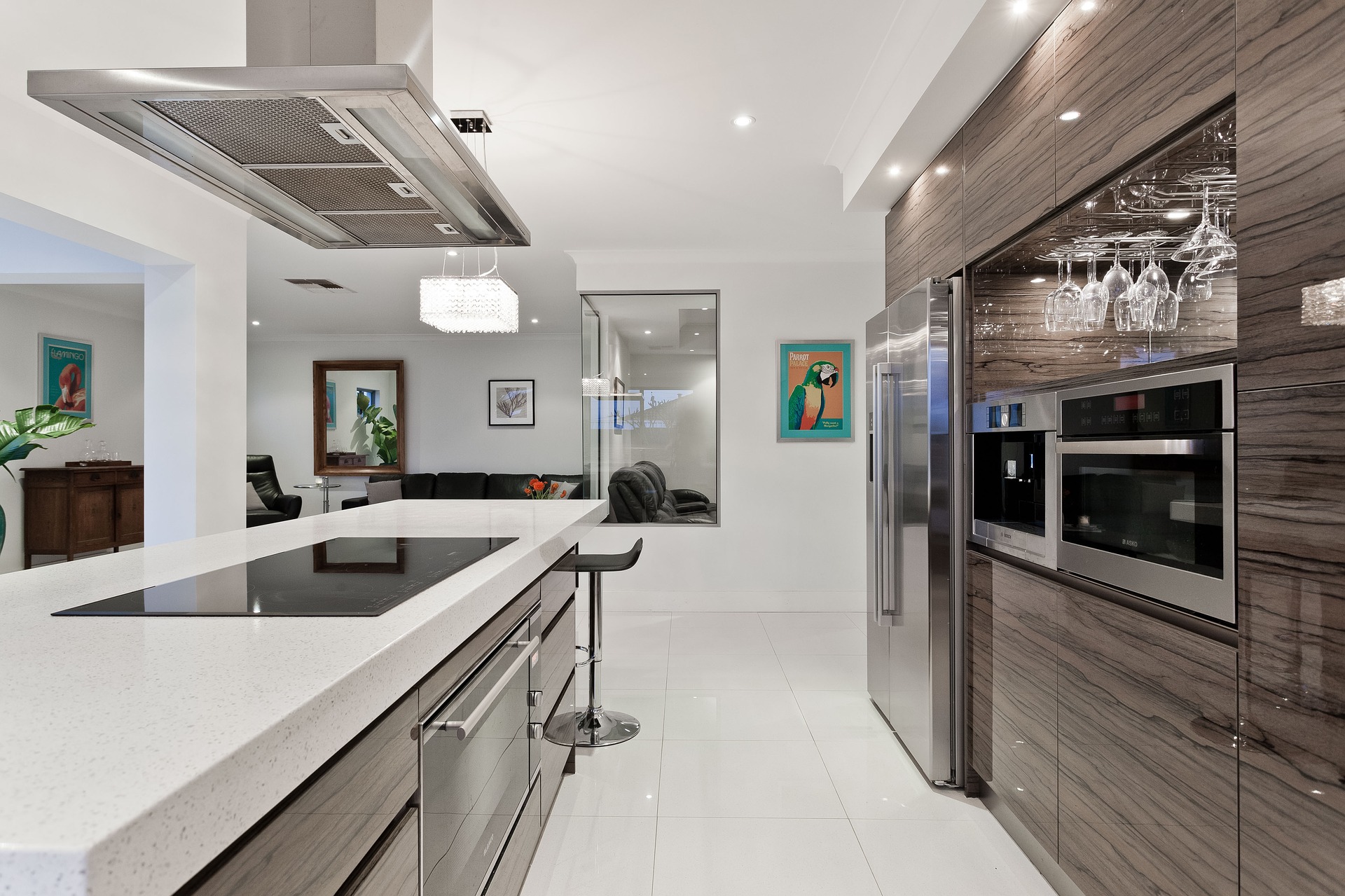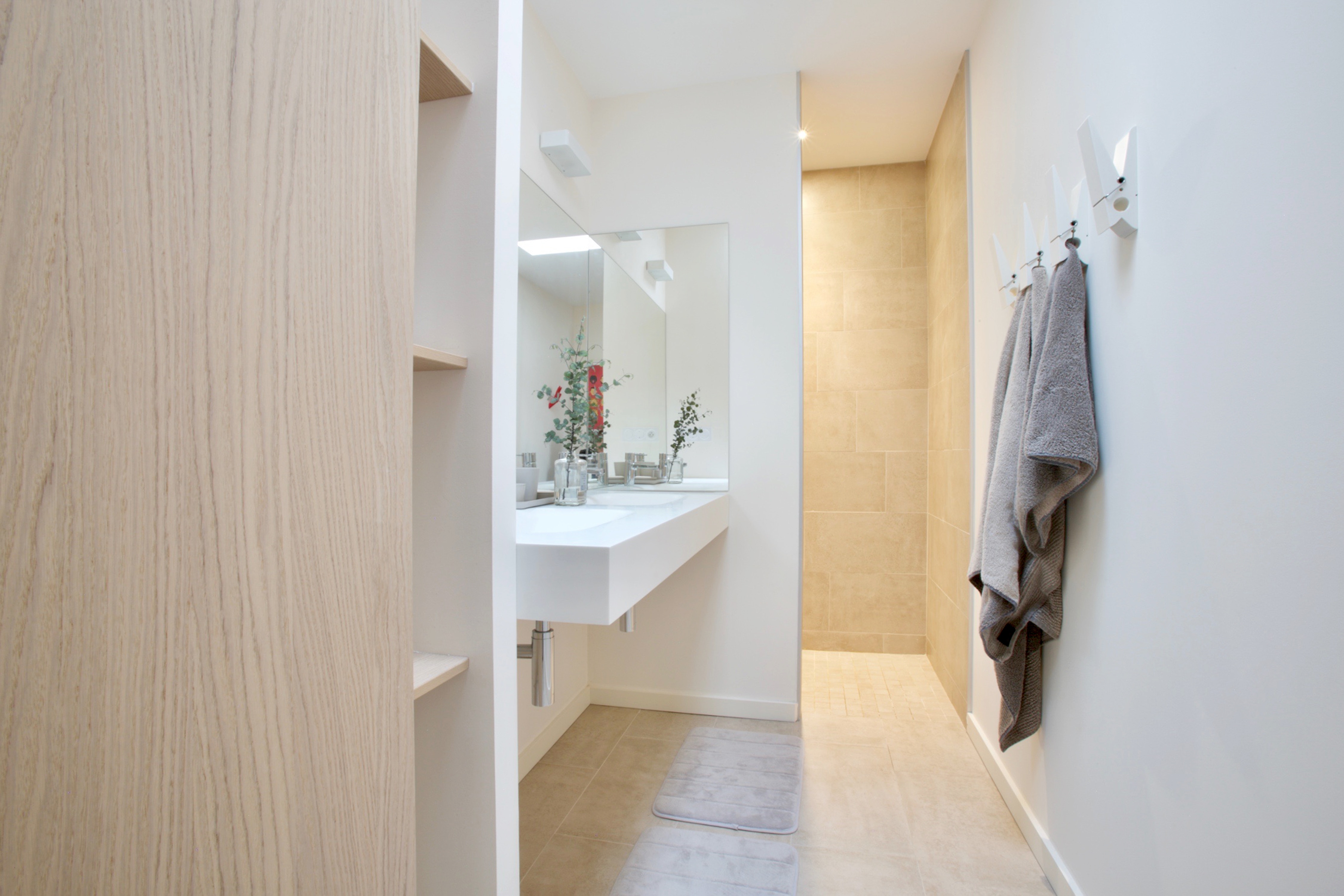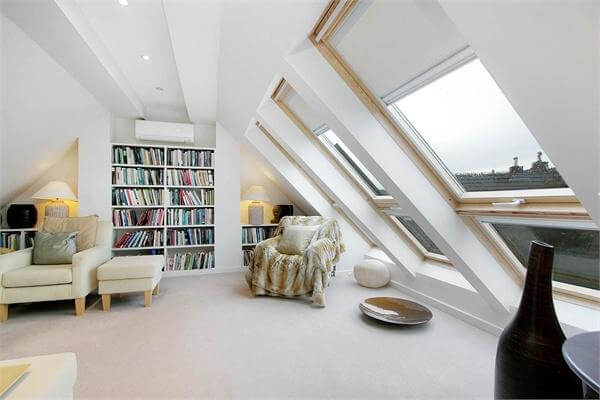Sign up to our newsletter!
No matter if you are moving, or improving, our newsletter is packed with the best tips, tricks and ideas to help you dwell well.

So, you’re thinking of moving what are the costs likely to be?
You will need to fund any difference in property value, usually by taking out a bigger mortgage. This will normally attract Mortgage arrangement fees and valuation fees on your new mortgage and you may also have to pay early redemption fees on your existing mortgage. Best, therefore, to find out what these are likely to be?
This depends upon whether you are using an On-line Estate Agent or High Street Estate Agent. Some agents offer a fixed fee starting from around £750, however high street agents still prefer to charge a percentage of the property sale price (usually between 1 and 2%)
|
Property Price
|
Percentage
|
|
Up to £125,000
|
Zero
|
|
The next £125,000 (the portion from £125,001 to £250,000) 2%
|
2%
|
|
The next £675,000 (the portion from £250,001 to £925,000) 5%
|
5%
|
|
The next £575,000 (the portion from £925,001 to £1.5 million) 10%
|
10%
|
|
The remaining amount (the portion above £1.5 million) 12%
|
12%
|
Use the government calculator to find out the exact amount
You will need to pay a Conveyancer to undertake the transfer of Title. The conveyancer will also investigate whether there are any problems with the Title or other matters that might affect the use, value or rights to the property, called disbursements. As a guide, the average house sold price in the UK in 2019 was just over £228K. Conveyancing fees for a house of this price will be approx £1500 -£1800 inclusive for the sale of the old house and purchase of the new one.
Disbursements include:
To find out if there are any road or redevelopment proposals or any other related matter that might affect the property or outstanding planning notices requiring you to remedy an earlier building error. The council will provide information on a variety of topics, e.g. whether
The property is a Listed building or in a Conservation Area
The roads adjoining the property are maintained by the Council and road improvement schemes are planned near the property, or minor schemes abutting or affecting the property
There are any public footpaths crossing or next to the property (important for rural properties
The council has paid any grants to the former owner that will have to be repaid, and
A list of planning decisions or Building Regulations affecting the property
Confirms that the property has mains water and a mains drainage supply connection to the property.
To see if the property is built in a risk area from flooding or former refuse disposal site or another environmental risk.
The Land Registry is a government agency that is responsible for maintaining the register of property titles (to make sure the person actually owns the property and is able to sell it). When buying your Conveyancing Solicitor will receive a copy of the seller’s title before contracts are exchanged. Just before completion your Conveyancing Solicitor will again ask the registry to check that there have been no changes to the register e.g. a new mortgage, or a notice of the seller’s bankruptcy since the first copy title was issued.
If you are getting a mortgage, your Conveyancing Solicitor will have to check that you have not been made bankrupt just before completion.
Following completion of the purchase, the change of ownership has to be registered, together with details of any new mortgage on the property.
(Our A-Z house moving and improving terms and their meaning provides further info)
This depends upon- the volume of goods you have and the distance between your old home and your new home and whether you pack the goods well yourself or are looking for a company to protect the larger items for you. Based on the average house move in the UK, fees are likely to be between £500 and £800 for a house move within a 20 mile radius. the further you move, costs will increase
On average, your new home has £5,750 in repair bills including a whole range of hidden problems such as structural defects, rot, and subsidence, says the Royal Institution of Chartered Surveyors (RICS). A survey will help protect you against these hidden costs.
You might have to consider some repairs and maintenance, redecoration and other hidden costs so best to factor these into your budget.
|
The average cost of home moving in the UK in 2020, based on an average property price of £228,000 (excluding central London where prices can be considerably higher) |
||
|---|---|---|
|
Cost |
From
|
To
|
|
Estate agents
|
£750 (fixed fee)
|
£4560 (2% fee)
|
|
Conveyancer for sale and purchase
|
£1500
|
£1800
|
|
Homebuyer Survey
|
£450
|
£600
|
|
Stamp duty (n/a 1st time buyers*)
|
£2000
|
£2000
|
|
Mortgage Valuation by lender
|
£185
|
£275
|
|
Removals
|
£500
|
£800
|
|
Immediate repairs to new property**
|
£5750
|
£5750
|
|
Cost of moving home in 2019
|
£11,135
|
£15,785
|
* First time buyers are exempt from stamp duty for properties up to £300,000
**Average costs of immediate repairs as stated by RICS (Royal Institute of Chartered Surveyors)
With the cost of moving so high, would it work out cheaper to improve your existing home instead?
Having assessed the cost of moving, what could you do to improve your home and add to its value for the same cost or less?
Thinking inside the box.
If you like your home, your area, and your neighbours, staying put and extending or changing the layout could prove a cost-effective alternative to moving altogether. It's also a good option if you don't have much equity in your home or near your limit on mortgage borrowing, making moving difficult.
With clever use of space, an extension or conversion of your existing space can allow you to get the bigger house you need for a fraction of the cost and help to breathe new life into your tired, old home. You will, however, have to be prepared to put up with the inconvenience and disruption while the work takes place.
Get it right and you should end up with a home that meets your requirements and has gone up in value. But get it wrong and you might end up with spiraling costs and a home that’s worth less than when you started.
When thinking about making home improvements or altering a home to suit your needs it is worthwhile considering whether what you are going to do will add end value to the property
It's, therefore, important to make the right choices, both for your own comfort and to make it easier and more lucrative to sell your property should you want to do so in the future. Easy and relatively cheap ways to increase space and bolster your home’s value include:

As a bathroom does not need an external window you can move the bathroom from its external window room to a new room created by a making a room between the front and rear bedrooms. This could then also act as an en-suite “Jack and Jill” style bathroom and use the old bathroom as an extra room.
The extra room created by moving the bathroom immediately adds value to a home and a fresh new en-suite to a master bedroom is also a good selling point.
A light behind the mirror creates the effect of a window.
Modern technology means you don’t need a waste pipe to carry the toilet waste away as this can be done via a macerator and natural light can be made by adding a light-tube or sun tunnel from roof level.
A structural engineer will be able to advise you on this possibility and the likely costs involved Get a free quote from our range of local Structural Engineers.
Getting an Engineer to give you the specifications allows you to put the work out to local builders to tender for the work.
This can make the space a lot more useable. If you don’t want the open plan arrangement you can still move the wall separating the two rooms to give extra breakfasting area.
A structural engineer will be able to advise you on this possibility and the likely costs involved
Even the smallest of kitchens can benefit from being opened up.
Some chimney breasts protrude 600mm or 2 foot into a room and the space left either side is often wasted.
Today’s modern living is more about clean lines and whilst a chimney breast in a Living room of a Victorian house should be left for character, chimney breasts in other rooms can often be removed to give added space to a room. A structural engineer will be able to advise you on this possibility and the likely costs involved Get a free quote from our range of local Structural Engineers.
Any works, such as this, that affect a wall separating your neighbour (called a Party Wall) will need to have a formal agreement with the neighbour under The Party Wall etc Act 1996. Your neighbour cannot refuse to give permission but it would be best to get advice from a surveyor to ensure you conform to the Act. Get a free quote from our range of local Surveyors.
And some more ideas that will cost more than a move but add considerable value.

Modern well-designed roof conversions are the key to both providing additional space- a flat for the kids you can’t get rid of! And improving the value of your home.
New VELUX CABRIO roof windows fold flat when not in use but then, when you want a balcony, fold out giving that wow factor! Find out more at Velux windows
A structural engineer will be able to advise you on this possibility and the likely costs involved.
A study by Nationwide suggests that a loft conversion can add 21% (24% in London to the value of a home). So, on our average house of £225,000, based on the Nationwide findings loft conversion will add another £47250 to its value.
A double bedroom loft conversion with en-suite costs in the region of £35,000- £45,000
These are becoming increasingly popular and if well designed and insulated can provide all-year-round space for the family. An Architect will be able to advise you on this possibility and the likely costs involved.
On the other hand, common mistakes include adding conservatories that can only be used during a few months of the year that do not fit with the style of the property
Whatever you decide to do, it's vital that you get advice early on so you understand the costs. Get a quote from one of our professionals to give you a better understanding of the issues and costs involved
If you make the right improvements this will add to the value of your home and a temporary loan (at record low levels) can cover the cost which can later be repaid via a re-mortgage and with mortgage rates at historically low levels, it's now possible to get rates less than 2%.
If the improvements have increased the value and equity in your home, therefore reducing the loan-to-value you might be able to borrow more without your overall monthly repayments going up!
Our mortgage brokers can give you advice and options to fund any home improvement projects
A-Z house moving and improving terms and their meanings
Live well with Moving and Improving